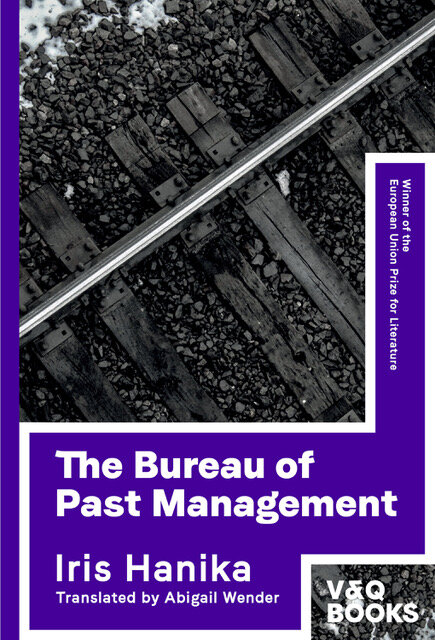Reliquary
Abigail Wender’s debut collection of poetry is available from Four Way Books, an award-winning independent publishing company, or from your favorite independent bookstore, as well as from Amazon.
Winner of the Northern California Publishers & Authors Silver Award in Poetry.
A reliquary is a receptacle for a holy person's belongings--such as a scrap of clothing or a tooth. In her marvelous collection, Abby Wender breaks open the meaning to explore varying contexts for the sacred. She finds the quotidian Timex or pfennig, the ritual stone lion in a cemetery, and the abstract in something like kindness. In these poems, the reader will find a keenly-felt personal landscape and, along the way, the loss of a brother as he alternately runs away, returns, and fails to stay away from death. With sadness and fury, the poet moves outward, "like those who hold oil lamps to light the road." Reliquary is a cause for celebration.
— Kimiko Hahn, author of Foreign Bodies
“This is a reliquary//to hold my brother’s gifts --/his sad kindness,” says Abigail Wender in her moving, meditative debut, a book of poems whose economy and precision of thought arise and speak to us from within the particular silence of “two minds not making amends,” as Wender negotiates the estrangement between herself and a brother lost to addiction, imprisonment, and their eventual, fatal effects. How to make amends with the dead? How do we extend to the dead – or indeed, receive from them – the “breath of forgiveness?” The taut poems of Reliquary enact the open-endedness of these questions, refuse the falseness of absolute answers, and invite us to accept the fact of death while insisting that there’s still time – which is to say, they remind us, should we tip toward despair, to keep a space for hope.
— Carl Phillips, author of Pale Colors in a Tall Field
Abigail Wender's Reliquary is an arresting study in the art of distance and intimacy. Filled with contradictions that capture the full range of human feeling, it recounts a speaker's pained helpless love for a tragic brother and her own vexed upbringing, told with grace, acumen, accuracy, and beauty. The speaker keeps trying "to solve for X" and though she says at one point that she is "not so different from the bitter sibling," I'm struck by how profoundly alien bitterness is to her. Yes, here's a poet who dwells in irony, but it's a brilliant new irony that carries me deep into the paradoxes that characterize love and its coaxial forces. As in our best poems, pathos and humor are bound inextricably, like family, together. In "Via Negativa," the speaker proceeds through negation to a poignant self-realization: asked to bring illicit drugs to her brother in prison, she calls both the contraband and herself "dope...closed in a yellow balloon." The questions asked in this collection are enlarging, and unanswerable--"How to keep close and away?"--yet I feel so accompanied by these poems that the not-knowing becomes a kind of unspoken mutual understanding. "What's love hurrying us to--" she asks, "a house of clouds?"
— Catherine Barnett, author of Human Hours

